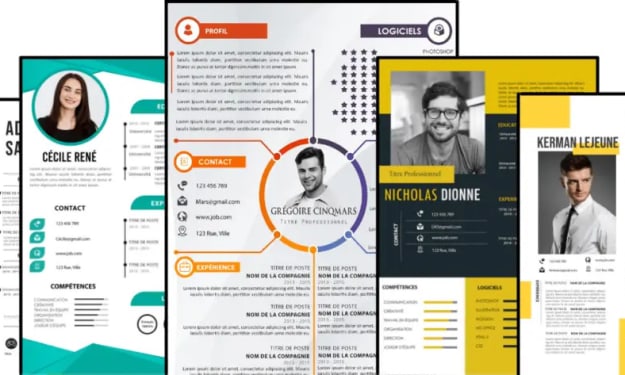Top Three Questions Educators Ask Me About Their Retirement - Joseph Milici
Hi Everyone, I’m Joseph Milici. A ten-year veteran of helping public school, municipal, and non-profit employees achieve their financial and retirement goals.

Hello everyone, Joseph (Joe) Milici here. I’m a Financial Advisor in Connecticut that specializes in helping public service employees understand their pension, social security, and their personal savings strategies. This allows me to help with a client's overall retirement plan and goals.
Over the past 10 years in the industry, I've been asked thousands of questions. Here are three more commonly asked questions that I will answer today:
1. What It Costs to Retire in Connecticut (CT) ?
When Americans turn 65, it is expected that on average they will live another 19.4 years. If we multiply that number by the average yearly spend of the typical retirement-age individual ($50,220) and add an additional 15% for unforeseen expenditures, we obtain a number around $1,120,000.
However, people in Connecticut can expect to spend nearly $120,000 more in retirement-age due to a higher than average cost of living and a longer life expectancy.
To retire comfortably in Connecticut it would cost the retiree around $1,250,000 over the rest of their lifespan.
2. What should I do to secure and increase my pension?
With the current traditional teacher pension system, only 1 out of 5 teachers sticks around long enough to qualify for a decent retirement. Most states offer a generous pension that accrues unevenly - the majority of the wealth accrues only when you approach retirement. This works well if your teaching career goes the full distance in one state. It can be tough if the educator moves around, takes a break from teaching or leaves the profession altogether.
Here come the alternatives that offer teachers better benefits without costing more. Most people don't know that your "pension" acts as an annuity. You can buy the "pension / annuity" outside the "system" and get more benefits like the ability to grow your money, pass it on and have it liquid. You can never do these things in a "traditional" pension.
For example, John Smith taught in Massachusetts for five years. He switches to Connecticut and plans on working in the public schools for the next 25 years. Since the vesting schedule in the MA pension is 10 years, he doesn’t qualify for a benefit from MA. After he completes at least 10 years in CT he can purchase back the full amount of his MA years. He would have to take the MA pension money that’s accrued there and move it to another retirement plan first i.e. IRA or 403(b). From there, he can transfer that money over to the CT pension to bring him further into it. CT is a reciprocal state so for every two years he works in CT he can purchase back one from MA. Keep in mind, if he works 10 and buys back the five and decides to leave service then, his pension payout will be prorated when he collects at age 60. He needs to do at least 20 years of credited service for his pension to not be prorated. There is much more to these calculations and I suggest discussing with a pension specialist through the state or your local financial advisor.
3. Can a teacher save into both a 403(b) and 457(b)?
Some school systems offer educators to be able to take advantage of both of these plans.
They can save up to $20,500 or $27,000 if they are 50 years of age and older to a 403(b) per year. They can then do an additional up to $20,500 or $27,000 if they are 50 years of age and older to a 457(b) per year. So total they can save either $41,000 per year or $54,000 per year out of their paychecks.
For example, Mary is working for a public school district and she is maximizing her 403(b) plan. She is 40 years of age so she is eligible to save $20,500 per year. She would like to take advantage of additional savings to put away for her retirement. Her district offers the 457(b) plan where she can set up additional elective deferrals from her paycheck. She can do up to $20,500 on top of the first $20,500 into the 403(b) totaling $41,000 that year.
Till next time, Joseph Milici
About the Creator
Joe Milici
Joe Milici's professional career began in 2012 in the French Multinational company, AXA Equitable, where he started as a Financial Advisor. He specializes in helping public service employees understand their pension plans & retirement plan.






Comments
There are no comments for this story
Be the first to respond and start the conversation.